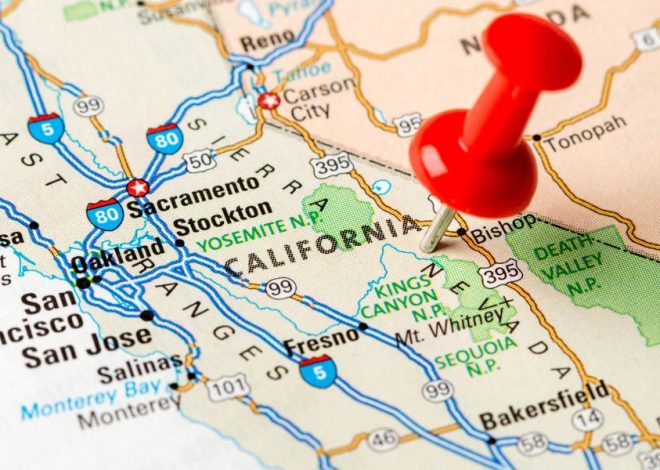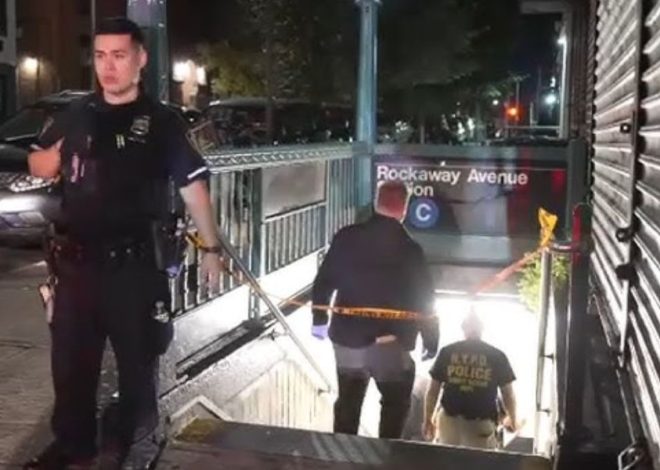
$500 STIMULUS PAYMENTS: What You Should Know About Receiving Your Check Soon
If you reside in one of the mentioned states, there’s a possibility you might be on the list to receive a $500 stimulus check in the upcoming week. This new program, backed by both federal and state governments, aims to alleviate the financial strain that many families continue to experience in the wake of the COVID-19 pandemic.
The IRS oversees this initiative, which falls under a broader set of measures known as Economic Impact Payments. These measures primarily target individuals and families with low to moderate incomes who have been hit hardest by inflation and other economic issues stemming from the pandemic.
How Will the Stimulus Checks Be Distributed?
These stimulus checks will be distributed through 2024 stimulus cards. These prepaid cards will allow recipients to access the $500 to cover essential needs such as gasoline, rent, heating supplies, groceries, and water, among other necessities.
In California, for instance, around 150 residents in Fresno County will be included in the Guaranteed Income Program. These residents will receive monthly payments of $500, funded by both the state and federal governments. This financial aid is expected to begin distribution starting in August 2024.
Similar Initiatives in Other States
The state of Michigan has also launched a comparable program in Ann Arbor, where 100 residents will receive monthly checks valued at $528 in August 2024. This initiative is part of the Guaranteed Income Program, which aims to support small business owners and entrepreneurs, helping them navigate economic challenges while fostering business growth.
The University of Michigan, through its Poverty Solutions team, has played a key role in the implementation of this program. The goal is to revitalize the local economy and provide financial relief to those in greatest need.
Why is a New $500 Stimulus Check Needed?
The COVID-19 pandemic had a devastating impact on the U.S. economy. The widespread closure of businesses, coupled with strict lockdown measures, led to significant job losses and a sharp rise in unemployment, which peaked at 14.8% in April 2020. Additionally, it is estimated that more than 22 million people lost their jobs, and about 200,000 businesses permanently closed before 2021.
The pandemic’s impact wasn’t confined to job losses alone. Disruptions in supply chains and decreased consumer spending contributed to a significant GDP decline of 3.4%, the largest since the Great Depression of 1929. Sectors such as tourism, hospitality, and retail were particularly hard hit.
In response, the U.S. government injected massive amounts of money into the economy, totaling five trillion dollars in stimulus efforts to keep the nation afloat. However, despite these efforts, recovery has been uneven, and many citizens continue to struggle to regain financial stability.
How the $500 Stimulus Check Helps Families Move Forward
This new $500 stimulus check is designed to address those lingering issues. For many, this financial assistance represents a crucial lifeline that allows them to cover basic needs and stay afloat in an economic environment that remains uncertain.
Moreover, guaranteed income programs, like those being implemented in California and Michigan, provide a steady source of income that allows families to better plan for their financial future. These programs not only help with immediate expenses but also offer the opportunity to invest in small improvements or business development, which can have a multiplier effect on the local economy.
What to Expect in the Future With Stimulus Programs
While the $500 stimulus check is a temporary measure, some experts suggest that such programs could become more common in the future, particularly if the economy continues to face significant challenges. The concept of a universal basic income, for instance, has gained traction in public debates and could become a reality in the coming years.
In any case, what is clear is that the U.S. government is willing to explore different strategies to ensure that citizens can cope with economic difficulties, especially those in more vulnerable situations.


